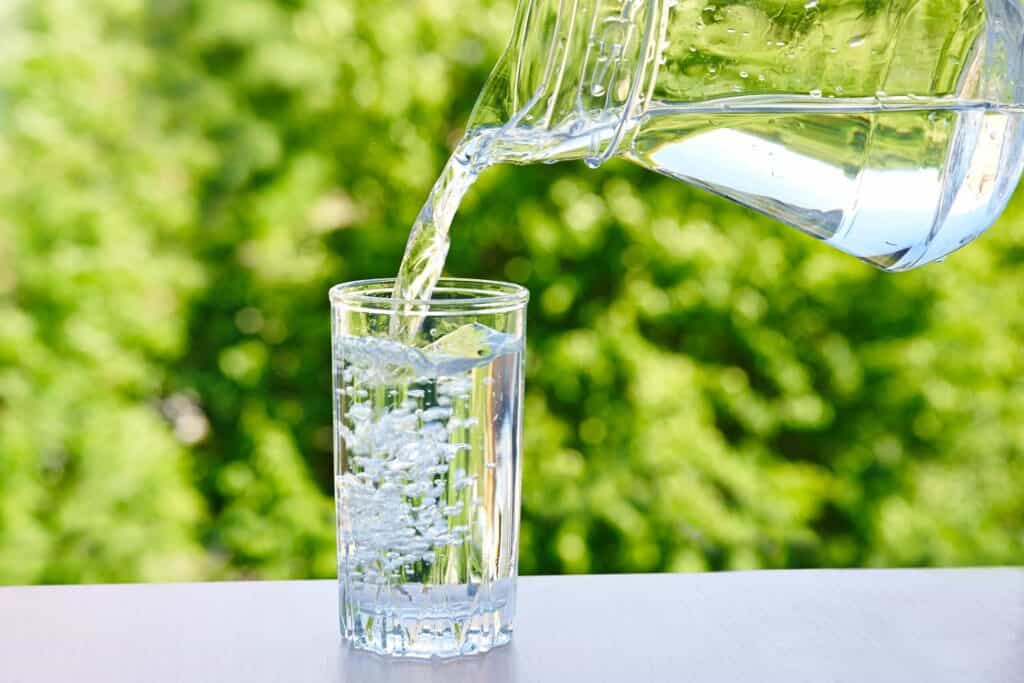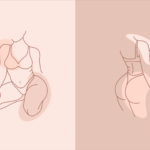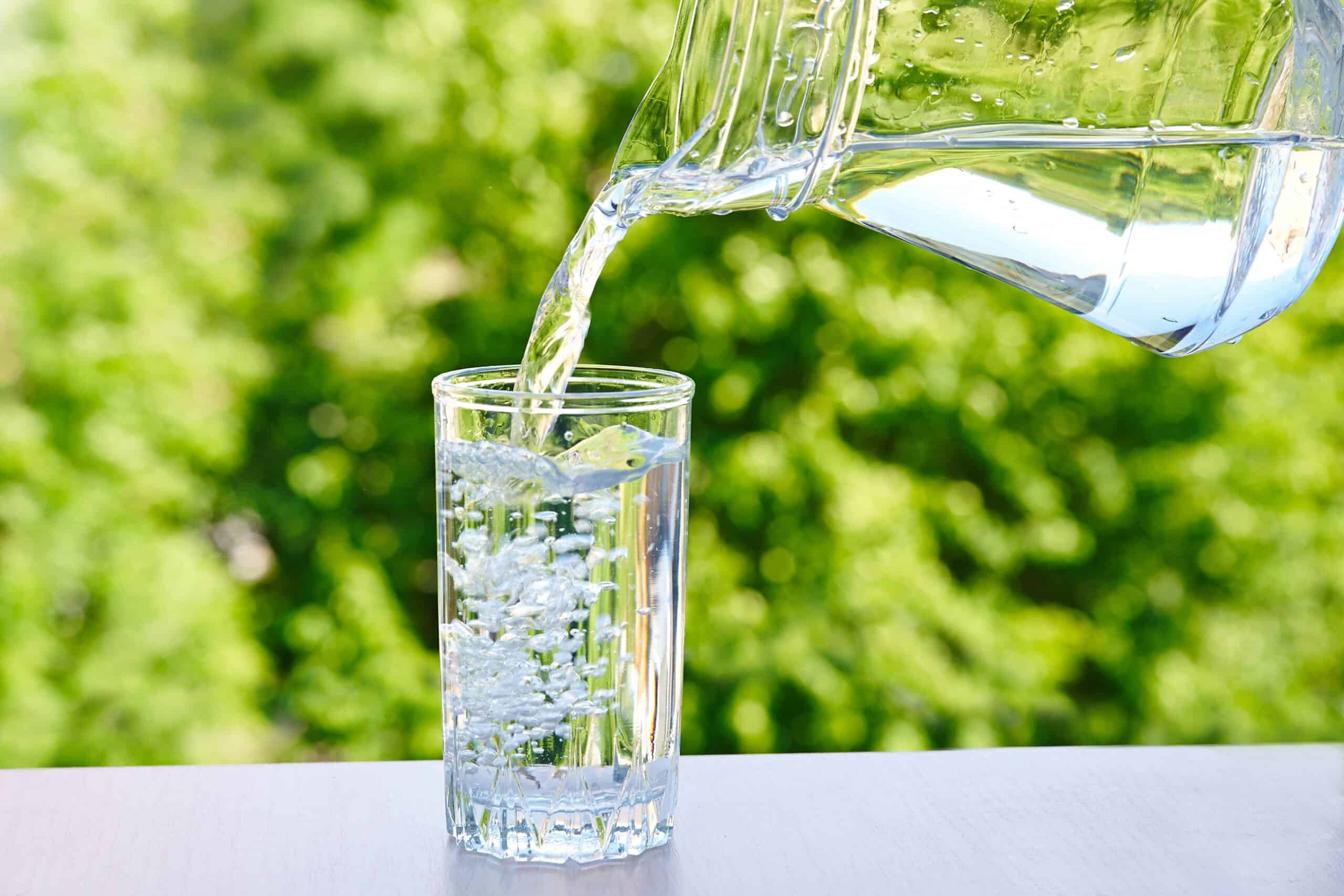Blog

Can we really mistake thirst for hunger?
Dismantling diet culture and understanding how the body distinguishes our body’s needs
Few of us would actively struggle with determining the difference between eating and drinking, or distinguishing between what counts as food, and what counts as a drink, however as a diet-culture conditioned society we are consistently told that we are mistaking thirst for hunger.
Googling “can you mistake thirst for hunger” brings up numerous articles advocating that hunger is often just dehydration in disguise. In a world where we have become accustomed to, if not normalised, ways in which we can suppress hunger, we have normalised drinking calorie-free beverages (i.e. water, black coffee, etc) as effective means to curb hunger and satisfy the thirst you didn’t realise you had.
Many of the articles advocating that hunger is often dehydration is disguise, all appear to lack one pivotal thing – evidence.
Hunger Vs. Thirst
In order to unpack the theory that thirst can easily be mistaken for hunger, we first need to provide how “hunger” and “thirst” may be understood.
In practice, hunger describes the sensations that promote or compel one to attain minimal energy needs, whereas thirst may be understood as the sensations that lead one to attain minimal hydration needs – both sensations can occur in the absence of need. When they do occur in the absence of need, they may be better understood as the desire to eat or drink, as opposed to physiological or ‘bodily’ hunger and thirst (e.g. eating out of boredom, drinking tea for comfort, snacking when socialising etc) [1].
What the Science Says
The molecular and neurological mechanisms that underly thirst and hunger, in addition to the ways in which they interact, are still being explored, therefore it is not possible, based on the evidence we currently have to conclude that hunger and thirst are interchangeable sensations – let alone ones that could be easily ‘mistaken’.
That being said in mammals (much like ourselves), the hypothalamus (a region in the forebrain) senses and regulates changes in our internal environment (such as fluid and nutrient levels in this case) and coordinates behavioural responses to correct changes and imbalances [2].
Neurons in the hypothalamus detect metabolic cues such as circulating glucose, insulin, as well as ghrelin and leptin (the hunger and satiety hormones). Similarly, the hypothalamus also contains neurons whose activity is regulated – and therefore sensitive- to internal water abundance or absence [2].
In simple terms, hunger and thirst are regulated by two different neurons—and those neurons know exactly what they are doing and the behavioural changes (e.g. compelling you to find food or water) they need to cause.
So, drinking for thirst really won’t appease your hypothalamus. Consuming an excessive amount of fluid may trigger a sense of fullness by way of stretching your stomach, but it will not satisfy other hunger/ low blood sugar signals such as food fixation, low mood, headaches, tremors etc.
What the Research Suggests
Research suggests that hunger and thirst signals are not singularly reliant on internal cues, but also environmental and habitual. Within this study, volunteers rated their hunger and thirst levels each hour and record their eating/ drinking schedules for a week. Results demonstrated that the participants seldom ate when they were hungry or drank when they were thirsty. Instead, a majority simply ate at the time when they would usually eat and drank when they would usually drink [3].
Consequently, it has been posited that modern environmental factors, such as plentiful food in addition to the diet culture induced ignoring of internal cues has weakened the links between hunger and thirst, and therefore dulled out ability to intuitively discern what our body needs! [1].
Therefore, if anything, attempting to curb hunger and silence your body with excessive fluid consumption is counterproductive and may lead to the confusion these articles site. After all, attempting to satisfy hunger with water is like trying to quench thirst with bread – it fills a void, but not quite the right one.
The ultimate appetite suppressant is, and will always be, adequate food.
The best diet will always be one in which you foster a sense of bodily trust (hello intuitive eating), have food freedom, and allow your knowledgeable neurons to do what they are programmed to do (like tell you when you’re thirst and when you’re hungry, instead of you telling your body what it needs).
The Take-Away?
- Hunger and thirst are tightly regulated by distinct neurons in the hypothalamus (therefore hunger ≠ thirst)
- Ignoring internal hunger and thirst cues can dull these senses/ our bodily intuition leading to confusion – so, dieting is
- Allowing your body to self-regulate by way of intuitive eating is the best means to ensure you meet nutrient and fluid requirements, while being able to enjoy food and drink and the personal and social pleasures it brings.
If you’re hungry to learn how you can better learn and discern your bodily cues, become an empowered intuitive eater, and work with your body as opposed to against it, contact us as [email protected].
Charlotte Munro, BSc
EHL Team x
References
- Hollis, M et al (2009), ‘Thirst-drinking, hunger-eating; tight coupling?’, Journal of the American Dietetic Association, 109(3), pp. 486-490. doi: 10.1016/j.jada.2008.11.027
- Jourjine, N et al (2016), ‘Coupled Sensing of Hunger and Thirst Signals Balances Sugar and Water Consumption’, Cell, 166(4), pp. 855-866. doi: doi.org/10.1016/j.cell.2016.06.046
- Mattes, R (2010), ‘Hunger and Thirst: Issues in measurement and prediction of eating and drinking’, Physiology and Behaviour, 100(1), pp. 22-32. doi:1 0.1016/j.physbeh.2009.12.026
- McKiernan, F et al (2008), ‘Relationships between human thirst, hunger, drinking, and feeding’, Physiological Behaviour, 94(5), pp. 700-708














